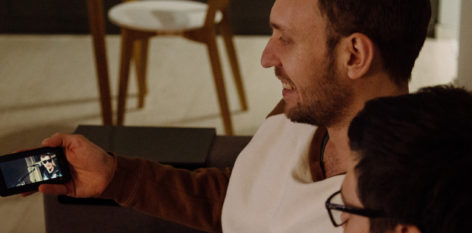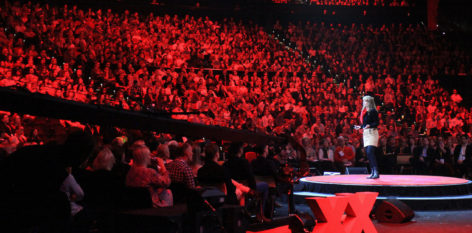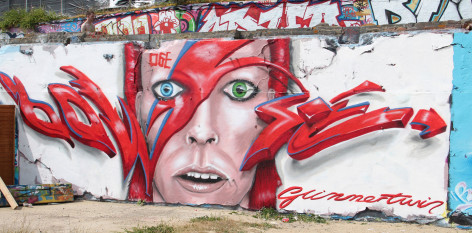What happened to the town square? We outgrew it. The pre-digital structure required us to get up, make ourselves presentable, and go there. Over time we became more efficient, we became more virtual, we simply became more global. Thing is, we didn’t factor in the isolation that would come once the town square was no more. Nor did we predict just how socially disconnected and civically disengaged we might be – leading to increased anxiety and depression, a particularly worrying outcome for our youth.
It’s easy to heap the blame on technology but romantic as it might seem, who wants to go back? The town square could be a brutal place for commerce and trade with the threat of violence against the poor and marginalised. Don’t get me wrong, I would love the good bits, socialisation and the entertainment, but I’m not going to trade the freedom of the internet with its potential for contribution to go back to traditional ways of business and social interaction. Can’t we have both?
Enter brand belonging.
Apple, the top rated company in IBM iX 2018 study on brand belonging, places the best of the town square at the centre of their stores. The flow of people and learning activity integrates with their extraordinary product and artful service to deliver the meaningful feeling of belonging. There’s a reason Microsoft has modelled themselves almost exactly on this. The right mix of spatial and communication design can foster a shared experience by the otherwise unconnected and constantly changing group of people that walks through their doors.
Brand belonging is dependent on individual and collective fulfilment. TEDxSydney partner TFE Hotels puts its collective focus on creating a lasting impression by enriching guests’ daily life in every possible way while connecting them to their place in the community.
At TFE Hotels, guests are at the heart of everything the teams do to make a difference and inspire a sense of belonging. In this way they transform the simple feeling of being welcome to an experience of deeper personal value. At the end of the day, people will forget what you said, they will forget what you did, but they will never forget how you made them feel, which is quintessential to evoking the feeling of belonging. TFE Hotels sidesteps the boring middle ground to surprise and delight with experiences that make guests feel different to the way other hotels make them feel. To create lasting impressions, TFE Hotels wants to make their guests feel like they belong, like they are a part of something.
Still, as engaging as all this sounds, I do wonder…can the feeling of brand belonging beat price?
Qantas makes us feel special and valued, or so I like to think when I’m not feeling as special or as valued when boarding a low-cost airline. But then when booking the next time, I’m still swayed by a great price and the option to only pay for what I need. This goes to show that belonging is much more than great service. The brand must offer an exhilarating and fluid experience of membership if it’s to secure brand loyalty.
There is no doubt we have a belonging deficit that brands are uniquely positioned to fill, and it’s worth the effort with committed companies working towards this goal, yet it asks for a total commitment to offer a holistic, not just pleasant, experience. One thing is for sure, you can’t fake belonging – it must be authentic.
This culture of belonging has empowered the teams at TFE Hotels to offer the extraordinary. Be sure to visit their activation at TFE Hotels TEDxSydney partner lounge as they uncover and share stories around legacy and lasting impressions from their guests and the TEDxSydney audience.














